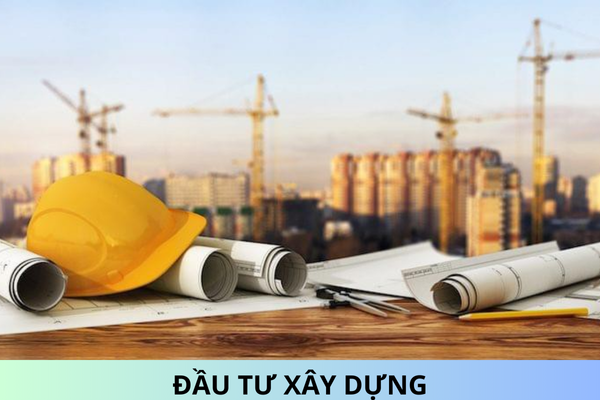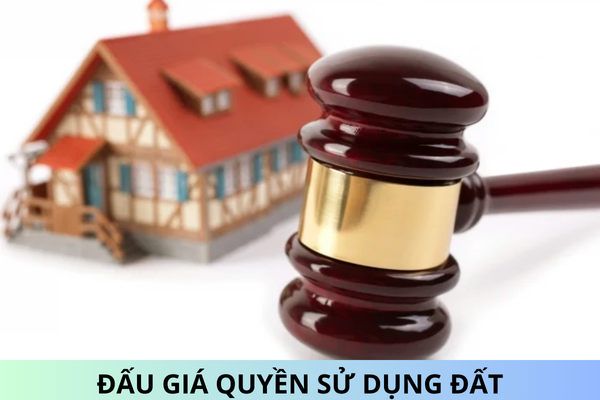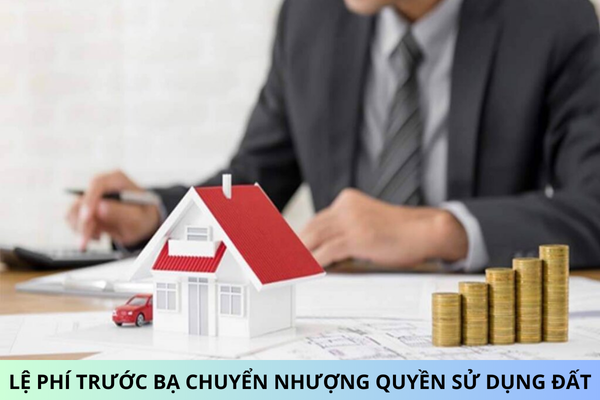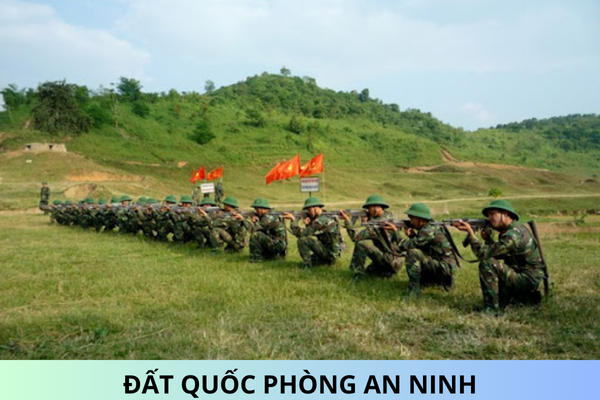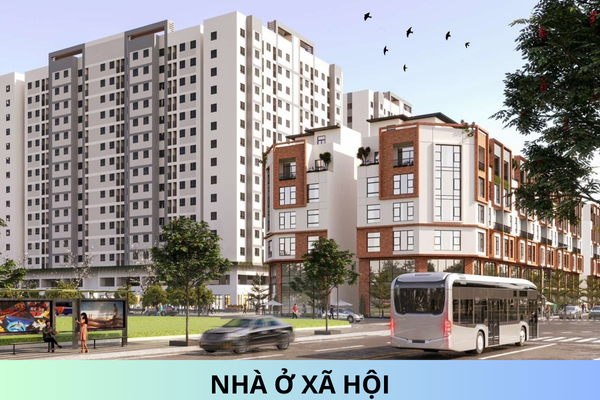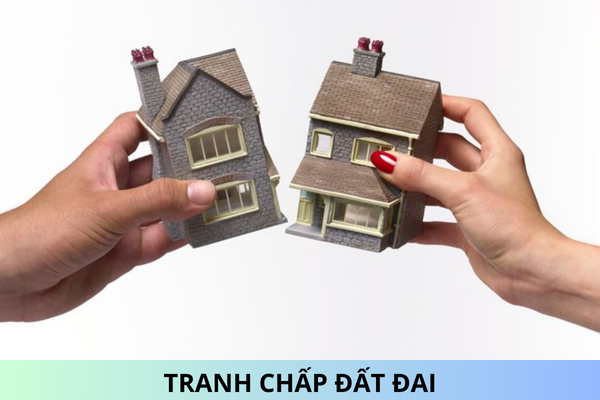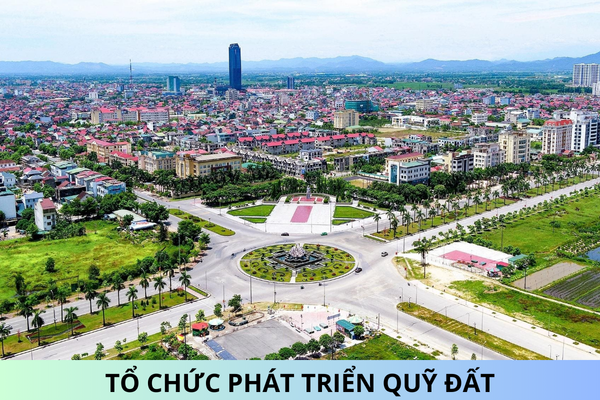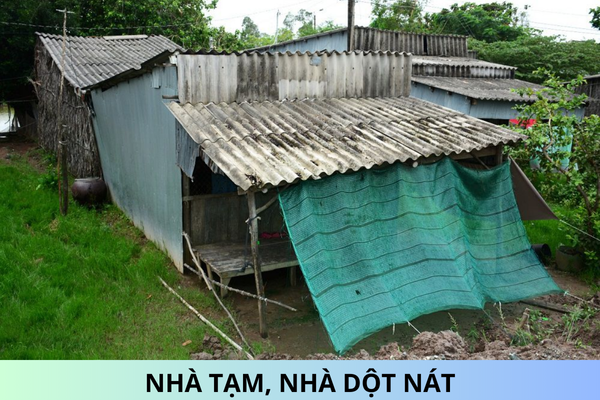Is it possible to mortgage land of the community of residents in Vietnam?
Is it possible to mortgage land of the community of residents in Vietnam?
Pursuant to Article 39 of the Land Law 2024 regulating the rights and obligations of a community using land:
Article 39. Rights and obligations of a community using land
- The community using land has general rights and obligations as prescribed in Articles 26 and 31 of this Law.
2. The community using land has rights and obligations equivalent to those of individuals with similar forms of land use, except the right to inheritance.
In cases where the community is allocated land by the State without land levy, or recognized land use rights in the form of allocation without land levy, they do not have the right to convert, transfer, gift, lease the land use rights, mortgage, or contribute capital with land use rights.
According to the above regulations, land of the community of residents allocated by the state without land levy or recognized land use rights in the form of allocation without land levy cannot be mortgaged.
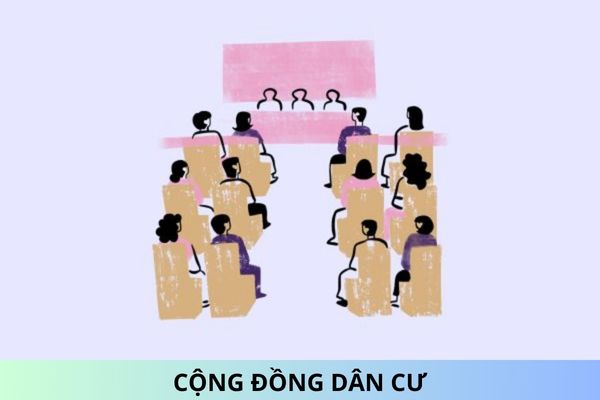
Is it possible to mortgage land of the community of residents in Vietnam? (Image from Internet)
Who is the representative of the community of residents taking accountable to the State for the use of land in Vietnam?
Pursuant to Article 6 of the Land Law 2024 regulating responsibility to the State for the use of land:
Article 6. Responsibility to the State for the use of land
- The legal representative of domestic organizations, economic organizations with foreign investment; the head of foreign organizations with diplomatic functions for their organization’s land use.
- The Chairman of the commune-level People's Committee for the use of agricultural land for public purposes; non-agricultural land allocated to the commune-level People’s Committee for use in building the People's Committee headquarters, public works for cultural, educational, health, physical training, sports, entertainment, markets, cemeteries, and other public works of the commune, ward, commune-level town; religious land, belief land not yet allocated for management, use.
- The representative for the community is the head of the village, hamlet, quarter, bon, buôn, phum, sóc, residential group and similar residential point or a person agreed by the community to be appointed.
- The representative of religious organizations, affiliated religious organizations for the use of land of the religious organization, affiliated religious organization.
- Individuals, and overseas Vietnamese for the use of their own land.
- The person who jointly holds land use rights or the representative of the group who jointly holds land use rights to the employed land.
According to the above regulations, the representative for the community responsible to the State for the use of land is the head of the village, hamlet, quarter, residential group and similar residential point, or a person agreed by the community to be appointed.
What are common rights of a community using land in Vietnam?
Pursuant to Article 26 of the Land Law 2024 regulating the common rights of land users:
Article 26. Common rights of land users
- To be granted a Certificate of land use rights, and ownership rights of assets attached to the land when they meet the conditions prescribed by the land law.
- To enjoy the results of labor and investment on legally used land.
- To enjoy benefits when the State invests to protect, improve, and develop agricultural land.
- To receive guidance and assistance from the State in improving and restoring agricultural land.
- To be protected by the State when their legitimate rights and interests in land are infringed upon by others.
[...]
Thus, the common rights of the community using land are as follows:
- To be granted a Certificate of land use rights, and ownership rights of assets attached to the land when they meet the conditions prescribed by the land law.
- To enjoy the results of labor and investment on legally used land.
- To enjoy benefits when the State invests to protect, improve, and develop agricultural land.
- To receive guidance and assistance from the State in improving and restoring agricultural land.
- To be protected by the State when their legitimate rights and interests in land are infringed upon by others.
- To have the right to change the land use purpose according to this Law and other related legal regulations.
- To be compensated, supported, relocated when the State recovers the land according to regulations.
- To complain, denounce, and initiate legal proceedings against acts that violate their legitimate land use rights and other acts violating land law.

